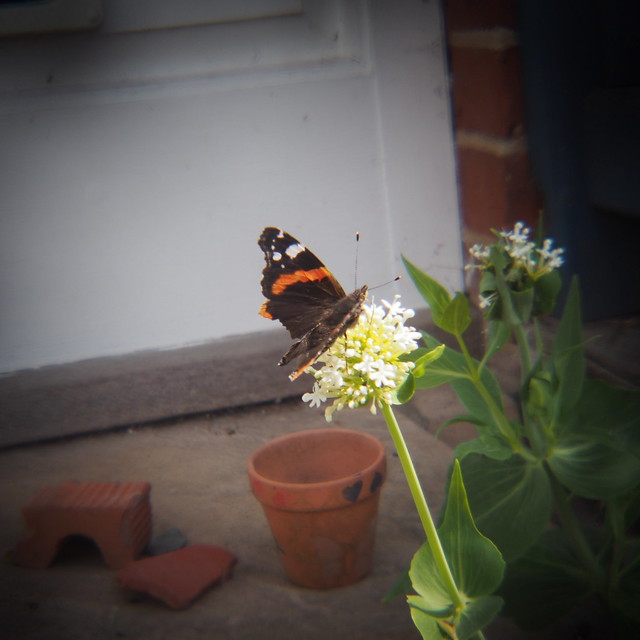I have no background about photographing and I want to learn. I like arty, monochrome, grainy, old, retro looks and also great pastel tones or colorful neon lights. Quickly i want to buy a camera and start to learn street photographing. I am thinking to buy Canon G7 X mark2 or Fujifilm X10/X20. The prices are similar. I don't have too much budget and i want to carry my camera to anywhere easily. For my research Canon looks better but the photos taken by Fujifilm looks like to me has more characteristic in it. Probably it is about the person who take the photo or prejudgment. Taken a photo which is similar to my requests is based on a person or camera? Or is there any features that someone can and the other one can not? And also fujijilm has a film effects in it, is there anything like that in Canon or possible to load? Yes i have a lot of question if i asked a stupid question, İ am sorry i don't have enough information. I am waiting to your recommendation.
Last edited by a moderator:


